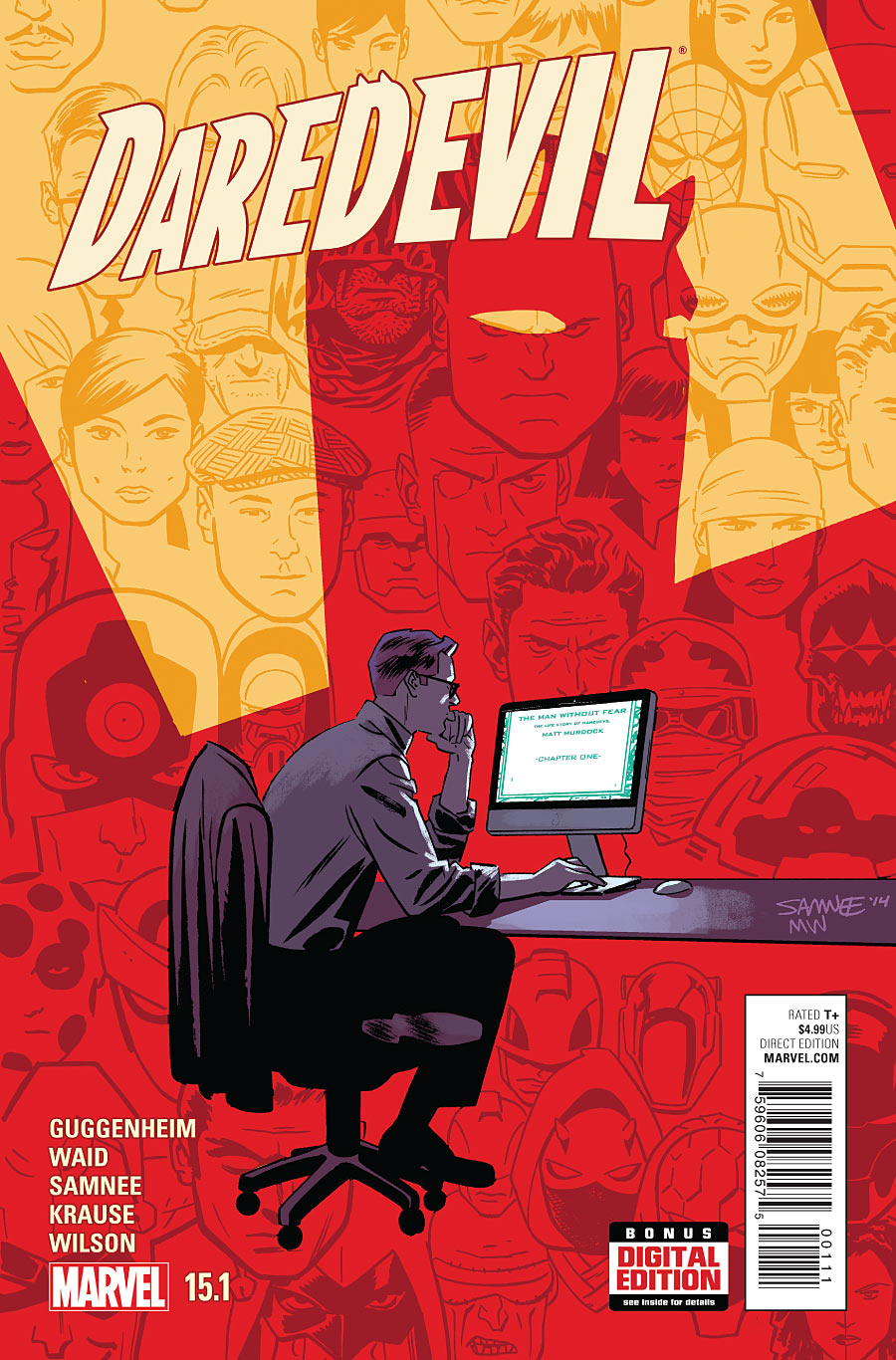Bob Ingersoll: The Law Is A Ass #391
IS THE LAW IN ASTRO CITY AN ATROCITY?
I have to admit, the city fathers of Astro City are smart. They won’t tell me where Astro City is. Okay, it’s somewhere on the eastern face of the Rocky Mountains, but that could be anywhere from New Mexico up through Colorado, Wyoming and into Montana. I don’t know which state Astro City’s in. So those smug city fathers think I can’t analyze Astro City stories, because I won’t know which state’s laws to use in the analysis.
Wrong!
I don’t need no stinkin’ laws to analyze the law. I can just make it up as I go along.
Which leads us to Astro City v3, #33 and #34. Hey, it had to be leading us somewhere. Super villainess Cutlass asked retired super villain turned civilian Steeljack for help. Someone was committing crimes and framing Black Masks – the nickname for costumed villains in Astro City – for those crimes. This trend was problematic for Cutlass. And when she was framed, it became an actual problem.
Steeljack and Cutlass investigated and learned that the real culprit was –
SPOILER WARNING!!!
***
Here’s where I give away the things you don’t want me to give away if you haven’t read this story. I, The Spoiler in the aforementioned Spoiler Warning, say, you have been warned.
– Jared Everall.
Who’s Jared Everall? A rich, fan boy collector of super power memorabilia who wanted to play with his wonderful toys, that’s who. So Everall played by committing crimes using super villain weapons in his collection and framing the super villain whose weapons he used.
Like a good little villain, Everall captured Steeljack and Cutlass in issue 33 just in time for the cliffhanger. Like a good little villain, Everall took them to his underwater lair in issue 34. And, like a really good little villain, Everall monologued long enough for Steeljack and Cutlass to escape.
Everall fled the scene, while Steeljack and Cutlass fought Everall’s Black Mask minions. One super powered obligatory fight scene later, Steeljack was ready for the main event; him versus Everall, who was back in his mansion operating some oversized armor by remote control.
Now because Astro City knows how to tell a story in a reasonable two-parts instead of subjecting it to Trade Paperback Stretch, this fight scene didn’t last long. Three pages into it Steeljack made the armor overload.

Steeljack and Cutlass went to Everall’s house to look for proof that he was framing Black Masks. They found the house in a state of disrepair, having sustained damage when the armor overload caused Everall’s remote control to explode. They also found Everall in a state of disrepair, having also sustained damage when the remote control exploded. Everall’s damage was a little more extensive. As in fatal.
Steeljack was arrested and charged with a “long list” of crimes, including Everall’s murder. So there Steeljack was, in court with a public defender who was so new and inexperienced “the tags were still on” her being asked how he pled.
Things looked pretty bleak for Steeljack. That is, until – cue “Park Avenue Beat” – Perry Mason arrived. Only in this story “Perry” was called Randal Sterling and was hired by Cutlass, because Steeljack couldn’t even have afforded to pay that public defender with the tags still on her.
Sterling and Cutlass even brought evidence. Cutlass hired someone to follow them and video record everything. In addition, Cutlass found Everall’s records before the house burned down. So she had the proof that Steeljack didn’t murder Everall, he had acted in self defense and that it was Everall who had committed all the other crimes.
She never bothered to explain why she hadn’t brought any of this evidence to light earlier so that Steeljack didn’t have sit in jail waiting for his day in court. Maybe it wasn’t her fault. Maybe Astro City didn’t have one of those one-hour photo developing huts.
Still the evidence was better late than never. After seeing the evidence, the judge granted Sterling’s motion to dismiss all charges.
Now my question is, all charges? Even the ones he was guilty of like breaking and entering. Because when Steeljack trespassed in Everall’s house to take evidence from it, that’s what he was doing. But my other – and bigger question is this: What kind of court proceeding was Steeljack in where he was both entering his plea and his defense attorney could introduce evidence?
Those two things usually happen in two different proceedings. First there’s a probable cause hearing– we call them preliminary hearings in Ohio – where the prosecution introduces evidence to prove that it has probable cause to charge the defendant with a crime. The defendant is also permitted to introduce evidence in a preliminary hearing. If the judge finds probable cause exists, the defendant is bound over to the grand jury for a formal indictment.
Then sometime after the grand jury indicts comes the arraignment where the court reads the formal charges to the defendant and the defendant enters a plea of guilty or not guilty. No evidence is admitted in an arraignment and no witnesses called, because there are usually dozens of defendants going through the cattle call that is the arraignment room. The arraignment judge doesn’t have the time to let any of the defendants call witnesses. Not when there’s another twenty-seven or so defendants waiting to be arraigned.
In our story, the judge read the charges to Steeljack then asked him how he pled. So it was an arraignment. Then the defense attorney called witnesses and moved to dismiss the charges. So it was a preliminary hearing. It was a prelimment.
So was the scene wrong? The end result was fine. The charges against Steeljack probably would have been dismissed after Sterling introduced his evidence in a preliminary hearing. If the story conflated the arraignment and the preliminary hearing into one proceeding because it didn’t have enough pages to show both, that’s not a big deal. Especially when there’s an actual reason why such a conflation might have occurred.
Steeljack was a high-profile defendant in a high-profile case. Sometimes high-profile defendants are arraigned in private procedures instead of the customary arraignment assembly-line. We did that in Cleveland on more than one high-profile occasion. There’s no reason why Astro City couldn’t do the same thing.
If Steeljack were being arraigned in his own private hearing so the judge didn’t have to arraign two dozen other inmates then the judge could have taken her own sweet time in the hearing. She might even have been willing to listen to the evidence brought into an arraignment. Especially when it was being brought in by a high-profile criminal defense attorney like Randall Sterling.
See Astro City fathers, I may not know where Astro City is, but that won’t stop me. When it comes to my legal analysis, you can hide but you can’t run.



 Will the real
Will the real 








